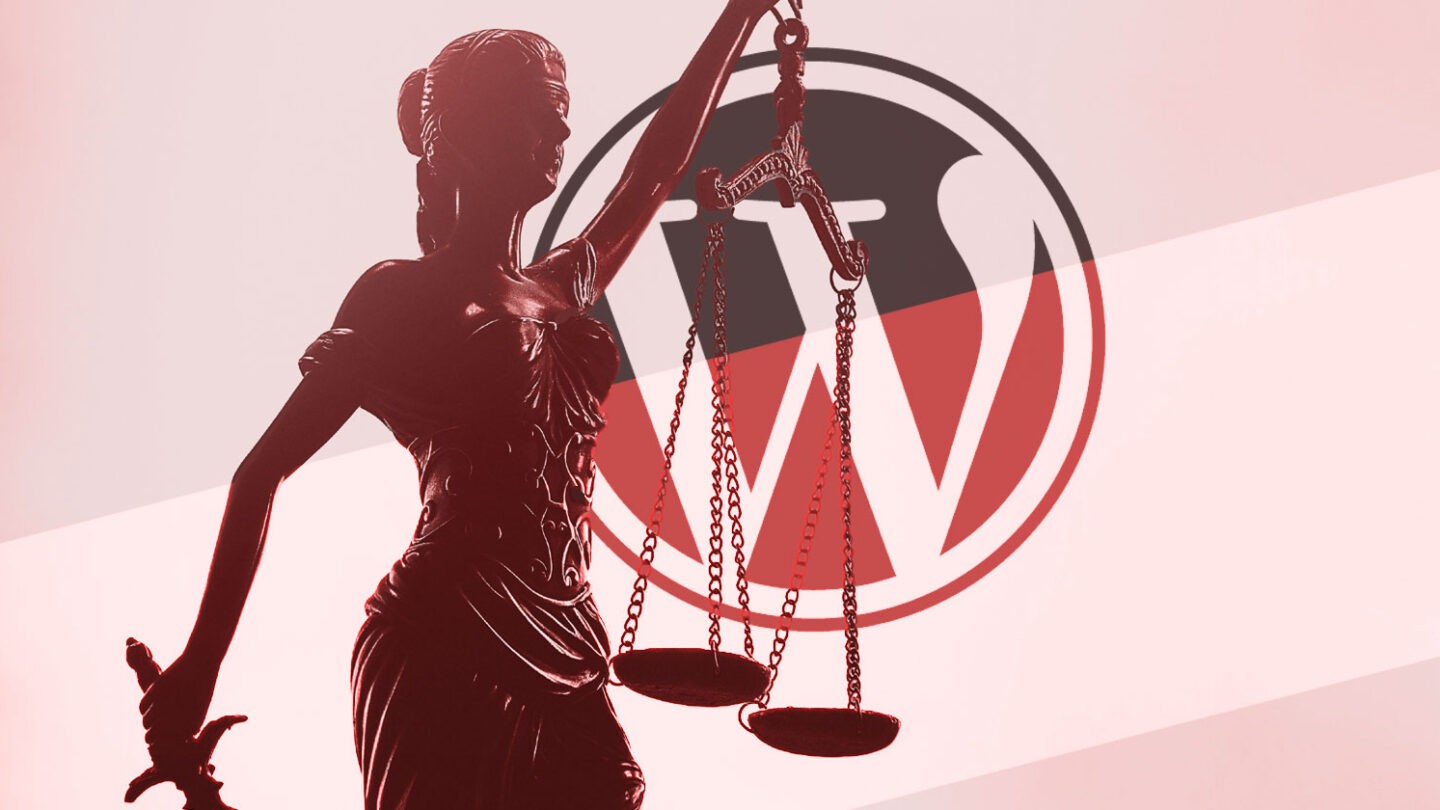
A class action lawsuit has been filed against Automattic and its founder Matt Mullenweg, intensifying an ongoing conflict with web hosting provider WP Engine (WPE). The lawsuit, initiated by WPE customer Ryan Keller of Keller Holdings, alleges that Automattic misused its control over the WordPress ecosystem by blocking critical updates and security patches.
The dispute began in September 2024 when Automattic restricted WPE's access to WordPress software updates and plugins, affecting hundreds of thousands of websites. Keller, who builds websites for clients and has used WPE's hosting services for over ten years, claims this action placed customers in an untenable position by denying access to essential WordPress resources.
While Automattic maintains its actions stemmed from trademark infringement concerns, the lawsuit characterizes the move as an attempt to extract substantial payments from WPE. The legal action seeks damages for affected businesses and aims to prevent Automattic from leveraging its control over WordPress.org to interfere with competitors.
The case follows a December ruling where a U.S. district judge granted WPE a preliminary injunction, ordering Automattic to restore access to the WordPress ecosystem and remove a public list of WPE customers. Automattic has dismissed the new lawsuit as meritless, asserting its dedication to open-source principles.
This legal battle carries broader implications for the open-source software community. The lawsuit suggests Automattic's actions could set a concerning precedent for controlling access to open-source software, potentially affecting the wider internet landscape. A ruling against Automattic could establish limitations on how companies manage open-source projects and enforce trademarks.
The class action covers all U.S.-based WPE customers with active hosting plans between September 24, 2024, and December 10, 2024. With WordPress powering over 40 percent of global websites, the outcome of this case could reshape the relationship between open-source software providers and their users.